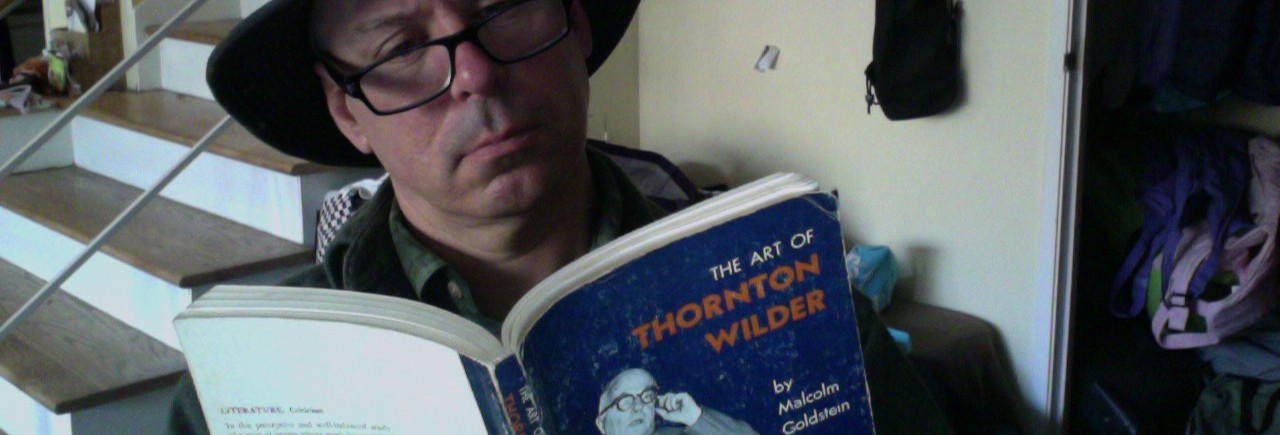The Mikado is such a hardy and virulent social satire that it seems it can never be staged without offending someone. That’s a remarkable achievement for a popular operetta written over a century ago. Even better, there isn’t just one single reason that people take offense. Last fall there was an online petition to stop performances of the Mikado at Opera Providence because of the show’s Asian stereotypes. But take the stereotypes out of the mix, as Jonathan Miller did in his long-touring English National Opera production, and the show’s decried as anti-British. In fact, it chastises governmental overreach in any and all cultures. If politicians see themselves reflected in any of it, they should be ashamed. As for the painful depiction of the Japanese, Gilbert & Sullivan address that themselves in The Mikado’s opening line. A parade of Asian cliches greets the audience, followed by this deadpan full-cast pronouncement: “If you want to know who we are, we are gentlemen of Japan.” The joke being that you need to be told, because they’re not getting away with the impersonation.
I’ve been happily revisiting Mikados lately. The Groucho Marx/Stanley Holloway/Dennis King/Helen Traubel version televised on the Bell Telephone Hour in 1960 was released on DVD in 2012. It’s grossly truncated, but at least the adaptation was done by a skilled Savoyard, Martyn Greene. I have the LP version of this production committed to memory, but Groucho’s hysterical portrayal of Koko, making sure each joke gets across, is even stronger with the visuals of his eyebrows and exaggerated Asian make-up. Holloway as Pooh-Bah is a terrific foil for Groucho. Since neither man can sing particularly well, they play the show as the Marx Brothers do their movies; antic comic relief until the real singers show up. With such delineations, the comedy seems all that more subversive for being raw and not refined by operatic voices.
Likewise, the TV version of Jonathan Miller’s mid-1980s Mikado uses Eric Idle as Koko, opening the door for Pythonic excesses such as an overstuffed Mikado (Richard Angas, resembling Tery Jones’ exploding gourmand from The Meaning of Life) and many physical gags at the expense of status-minded society types. The production style is bright white and Victorian and decidedly non-Asian; the feel is of some remote hypercultured society such as you’d find in Shakespeare comedies like Twelfth Night or Measure for Measure.
It’s nice to see that producers and directors still want to stage the Mikado despite the ceaseless sniping and protests that greet any production. Next up: an Australian variation directed by Russell Fletcher for the 2015 Melbourne International Comedy Festival, March 26 through April 19. It stars Colin Lane of the comedy duo Lano and Woodley, David Collins of the comedy duo The Umbilical Brothers and just two other performers (one of them a pianist). The 3 Mikados, as it’s called, has the premise that only a fraction of the cast and orchestra for a more conventional Mikado have shown up, and the few who have turned up must make do.
Wonder if folks will protest about the stereotypes Lane and Collins are leaving out by trimming the cast so precariously.
I sincerely hope The 3 Mikados tours worldwide. I don’t know Lane’s work, but first saw the Umbilical Brothers’ Thwak! Off Broadway in the late ‘80s and have seen them several times since. They respect the classics: Bugs Bunny, Charlie Chaplin, Barnum & Bailey. Not at all weird that Gilbert & Sullivan is on that list too.
